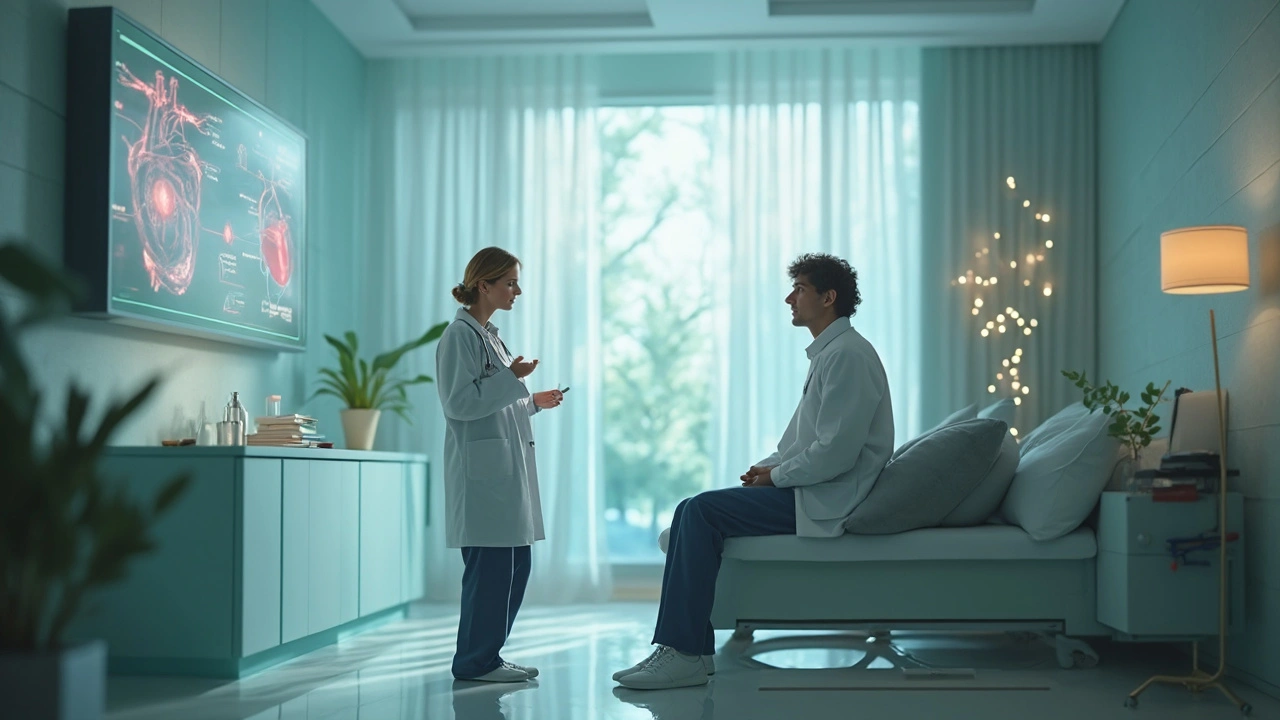Medication: Practical Guides, Safety & Buying Tips
Medication is a big topic and this tag collects our practical guides, safety tips, and real-world how-tos. Use this page to find clear articles on buying drugs online, spotting side effects, comparing treatments, and managing prescriptions safely. If you want fast answers—start here.
Worried about buying a medication online? Check for a valid pharmacy license, an obvious physical address, and clear contact info. Never buy controlled drugs without a prescription. Compare prices but prioritize verified reviews and third-party seals over the lowest price. Keep records of order numbers and receipts in case something goes wrong.
Dealing with side effects? Stop the drug only if your prescriber says so or symptoms are severe. Common early signs like rash, nausea, or unusual tiredness deserve prompt attention. For blood-related symptoms such as easy bruising or fever on certain medicines, contact your clinic and ask about blood tests. If you’re pregnant or breastfeeding, double-check every drug with a clinician before taking it.
Some articles here focus on specific drugs: tretinoin and Tretiva for acne, antibiotics like Floxin and Zyvox, antifungals such as Lamisil, and heart medicines like Protonix and sacubitril. There are also step-by-step guides for handling prescription issues with services like Nurx, and reviews of online pharmacies and price comparisons. Use the tag list to jump directly to each topic.
Quick safety checklist
Before you order or start a medication, run this quick check: confirm the exact drug name and dosage, read the basics of side effects, verify interactions with drugs you already take, ensure the source is licensed, and save the prescription and order details. For chronic conditions, schedule follow-up labs if recommended. If anything feels off after starting a new drug, call your healthcare provider—don’t wait.
Find what you need fast
Search this tag for plain-language guides like “Where and How to Safely Buy Tretinoin Online,” “Buy Diazepam Online Safely,” and “Hydrea Side Effects.” Each post gives practical steps, what to watch for, and links to deeper resources. Use browser find (Ctrl+F) to jump to the drug name or topic you need. If you can’t find an answer, our Contact page lists ways to reach the team for clarification.
This tag aims to save you time and reduce confusion. We’re not a substitute for a clinician, but our articles make it easier to ask the right questions at the pharmacy or clinic. Read the specific guides, follow the safety checklist, and reach out when a problem needs a professional’s eye.
Store meds in a cool, dry place away from children. Label bottles and dispose of expired or unused drugs at a pharmacy. Ask your pharmacist about generic equivalents and assistance programs to lower costs. For older adults, review medications yearly with a clinician to cut interaction and fall risks. Keep an updated list of prescriptions, supplements, and OTCs on your phone and show it at appointments. When you travel, carry prescriptions and original packaging and receipts. If you’re unsure about a dose or missed dose, call a pharmacist instead of guessing.

Amlodipine: Boosting Heart Attack Recovery with This Medication
Amlodipine is a game-changer in heart attack recovery. This medication, known for controlling blood pressure, helps ease the heart's workload and aids in a smoother recovery. This article offers a deep dive into how amlodipine supports heart health, its mechanism, potential benefits, and tips for optimal usage. Whether you've experienced a heart attack or want to learn more about heart health, we break down complex concepts into easy-to-understand terms.
Read More




